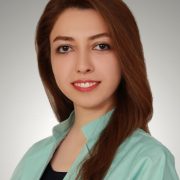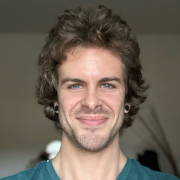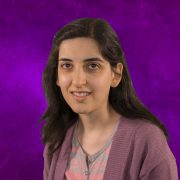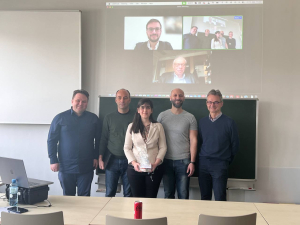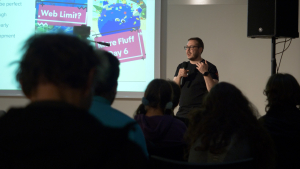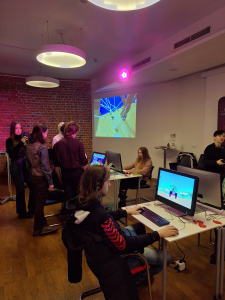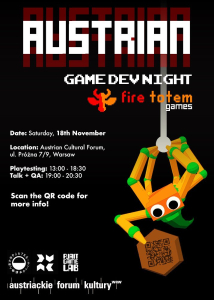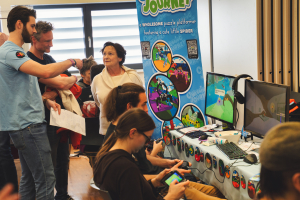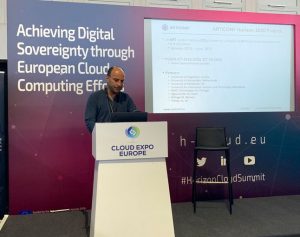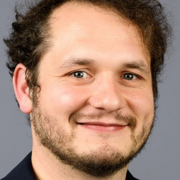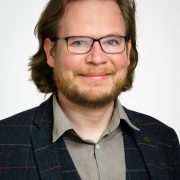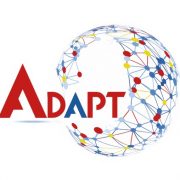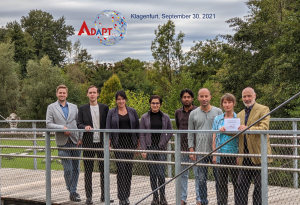Eindhoven University of Technology (TU/e) is a top university known for its advanced research and focus on working across different fields. The university’s Biomedical Engineering department is a leader in medical image analysis and related studies.
During my two-month visit to Eindhoven University as a guest researcher, I worked with the Medical Image Analysis group in the Biomedical Engineering department. This group, including a diverse team of researchers and professors, is dedicated to advancing knowledge and solutions in the medical domain. My research focused on a project about robotic-assisted minimally invasive esophagectomy, and I worked with Prof. Pluim and Dr. Al Khalil. This project is very similar to my work at Klagenfurt University, where I focused on surgical video analysis using deep learning under the supervision of Prof. Schoeffmann. The overlap in our research objectives made this an ideal opportunity for collaboration and exchanging ideas.
This enriching experience was made possible through the Young Scientist Mentoring Program, which supports researchers by creating opportunities for networking and international collaboration. The visit not only enhanced my academic growth but also strengthened ties between our research communities, paving the way for future collaborations.

